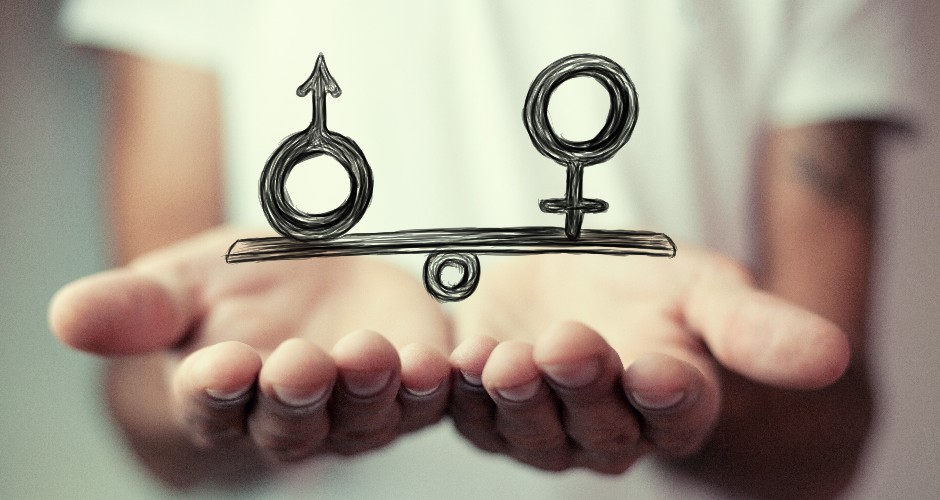The gender roles established by society are one of the main causes of the labor gap and the historical masculinization of certain professional sectors. At eDiversa Group, as an ICT company, we are aware of the work that remains to be done in the technology sector. Therefore, we want to highlight the importance of changing the social norms that feed the biases in this and other sectors.
The UN has published its annual stundy on social gender norms on a global level: Gender Social Norms Index (GSNI). This index is calculated using data from the World Values Survey (WVS) and quantifies the existing prejudices of women. Its method focuses on collecting the attitudes of the population of reference into four areas: politics, education, economy and physical integration.
Some of the most highlighted results reflect the undervaluation of women's capabilities and rights in society. These beliefs are marked by inherited social norms that establish stereotypes about the abilities of each gender. In fact, 9 out of 10 people hold gender-biased ideals worldwide, while in Spain we are talking about 50.74%. Even in the most developed countries with the lowest inequality index, more than a quarter of the population holds at least one cultural normative belief against the female role.
Women in leadership roles
The GSNI reveals that half of the world’s population believes that men are better political leaders than women. Also, 43% believe that they are better in the positions of Executive Management. Add to this data the fact that women have very little representation in political and public administration leadership. Only 11% of the heads of state are women. Also, only 9% are part of government and 22% are ministers. Unfortunately, those women that do become minsters tend to be pigeon-holed into care-related departments.
Social stereotypes restrict women's choices and opportunities in the workplace by setting limits on what women are expected to be. In some cases, policy has played an important role for equality, such as the international movement for universal primary and secondary education. This has encouraged more women to pursue professional and university education. However, although wage gaps are no longer justified by women's inferior education, they remain latent because of stereotypes and expectations about women. For example, women are wrongly expected to spend more time caring for children and family members than men.
In favor of equality, statistically it has been demonstrated that women leaders pay closer attention to the needs of women, children and vulnerable and marginalized communities, offering better public services. Unlike men, women tend to make moderate rather than extreme decisions. In fact, in 2000, the UN Security Council adopted Resolution 1325 on Women, Peace and Security, highlighting the key role women play in conflict resolution and peace building and keeping.
The role of companies
Companies and organizations are a very important piece when it comes to changing social norms and stereotypes associated with gender. By hiring more female talent, doors are opened to global enrichment and provides references for other women and generate more talent.
Although there is still a lot of work to be done, at eDiversa Group we are involved in several initiatives with the aim of addressing latent gender biases in the technology sector. One of our star initiatives is the development of an Equality Plan, which we are analyzing through a meticulous study of all our areas and needs of the members of the company, such as salaries, flexible hours, internal and external communication, etc. This aims to cover equality in all areas of the word, trying to create a fairer society for all people from our small grain of sand.






